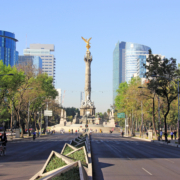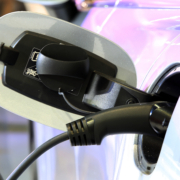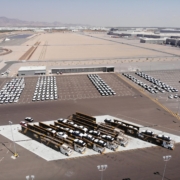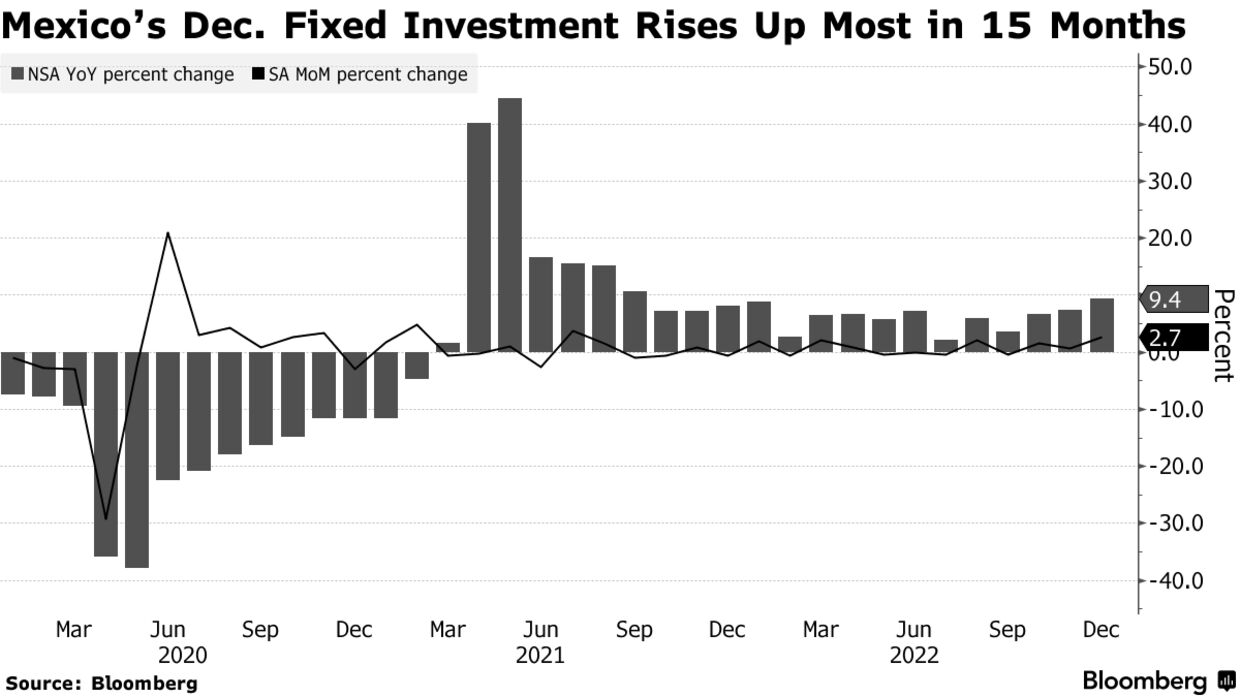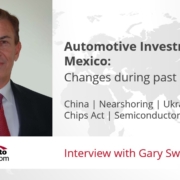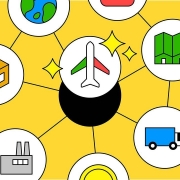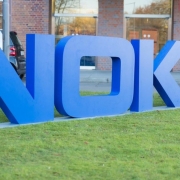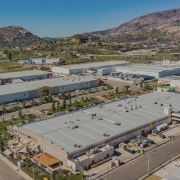Mexico has emerged as a key player in the global Information Technology (IT) industry, offering a range of opportunities for companies and professionals looking to tap into a growing market.
With its highly educated workforce, favourable business environment, strategic location, and vibrant startup culture, Mexico is poised to play a significant role in shaping the future of the IT sector.
In this article, we will explore the key factors that make Mexico an attractive destination for IT workers and why the future of this industry in Mexico is bright.
Mexico’s highly educated workforce is one of the most important reasons for its success in the IT industry. Mexico has a growing pool of highly skilled professionals with expertise in software development, data analysis, and other vital areas of the IT industry. Many of these professionals have received a world-class education. They are eager to apply their skills to a rapidly growing market. The education quality in Mexico is also improving since universities now offer computer science, engineering, and other IT-related programs that prepare students to enter the workforce with the skills they need to succeed.
Another factor that makes Mexico an attractive destination for the IT industry is its favourable business environment. Mexico has a strong commitment to free trade and open markets. It has established a supportive ecosystem for companies investing in the IT industry. This includes tax incentives, favourable labour laws, and a supportive regulatory environment encouraging investment and innovation. Mexico also has a thriving entrepreneurial culture, with many young entrepreneurs starting new companies in the IT industry. This entrepreneurial spirit is helping to drive growth and modernization in the IT industry, positioning Mexico as a leading player in the global market for technology and innovation.
Mexico’s strategic geographic location is another critical factor that makes it an attractive destination for the IT industry. The country is close to the United States, one of the world’s largest markets for IT products and services. It has a well-developed transportation and telecommunications infrastructure that makes it easy to connect with other markets in North America, South America, and beyond. This location also makes it easier for companies to access a large pool of skilled talent and take advantage of the many resources available in Mexico, such as low-cost labour, tax incentives, and a vibrant business environment.
The Mexican government has invested significantly in the IT industry, recognizing its potential to drive economic growth and create jobs. The government has implemented several initiatives to support the IT industry, such as tax incentives, grants, and other forms of support. These investments are helping to drive innovation and growth in the IT industry, positioning Mexico as a leader in the field.
Mexico is also home to a thriving startup culture, with many young entrepreneurs creating pioneering companies in the IT industry. This entrepreneurial spirit is helping to drive growth and innovation in the IT industry. Many of these startups focus on developing cutting-edge technologies, such as artificial intelligence, blockchain, and the Internet of Things, transforming businesses’ operations and competition.
In conclusion, the future of the IT industry in Mexico is bright, with a growing pool of highly skilled professionals, a favourable business environment, a strategic location, and a thriving startup culture. The Mexican government’s investment in the IT industry and its commitment to free trade and open markets are helping to drive innovation and growth. This project will promote Mexico as a key player in technology and creativity in the global marketplace. With its many advantages, Mexico is well-positioned to play a major role in shaping the future of the IT industry and become a leading centre for originality and development in the years to come.
If you want to travel to Mexico, check out the visa and vaccination requirements to enter this country. Whether you are a seasoned tech professional or a student just starting out in the field, Mexico is a destination that will inspire and excite you, offering opportunities for growth, learning, and adventure.
Source: DazeInfo Briefs

